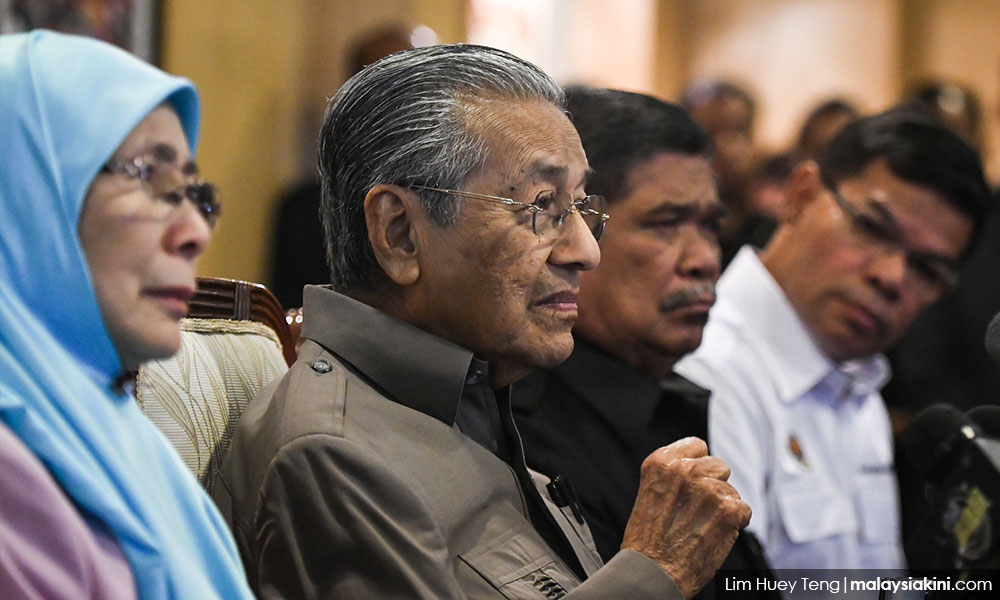LETTER | Minimum wage is simply regarded as a remuneration provided for workers by way of legislation that tries to meet the basic subsistence level of workers in meeting the costs of living.
However, given the escalating prices in goods and services, it is argued the wage seldom really provides a real solution to meet the basic subsistence of workers and their families.
Minimum wage does not prevent employers, especially the generous ones, from providing for higher wages and unions from negotiating with employers for better terms and conditions for workers. In countries with low of unionisation and government suppression of workers rights, minimum wage makes a difference in the life of workers.
In Malaysia, less than 10 percent of the workforce in the private sector are organised in trade unions. Over the years, with the government preference for in-house and company unions rather than national ones, workers bargaining position have been considerably reduced.
It is a universal dictum, in countries with high level of unionisation, the income level of workers are far better than in countries where unionisation has been frowned upon and legislation exists to muzzle workers' rights, there is a dire need for governmental interference in regulating the wages of the private sector.
This is where the question of minimum wage comes in.
Thus, in countries like where there are low of skills and overt preference for the employment of foreign cheap and docile labour force, governments must take proactive steps in safeguarding the rights and welfare of workers in the private sector.
In Malaysia, given the low level of skills among the local workforce, a matter that has been neglected of our leaders for a long time, there is an inevitable tendency on the part of them to compete on the same level of skills with foreign workers. However, with employers' overt preference for the foreign workers due to their docile and compliant nature, local workers find its difficult to compete.
Thus, given the nature of labour conditions in Malaysia, workers and those in trade unions very often than not look up to the government not only to legislate a decent minimum wage but also to allow for favourable labour conditions for local workers.
This would explain why the trade union centres in the country voted for Pakatan Harapan in the recent election with the expectation that the new government would look favourably into the plight of workers with the prospect of improving them. The very fact that Harapan included the item of a minimum wage of RM1,500 was based on this expectation.

However, the recent government announcement of RM1,050 as a minimum wage for workers in the private sector has thrown asunder all the expectations and the goodwill the new government have received from the workers. On this matter, unionists have remarked that there is no real difference between the former kleptocratic regime and the present one in so far as workers' welfare and wellbeing are concerned.
The Ministry of Human Resource and the National Workers Consultative Council (NWCC) were not able to convince the government to in terms of introducing a minimum wage that was balanced and acceptable to millions of workers in the country who have been long denied the right to collective bargaining and unionisation.
Since Harapan swept into power more than hundred days ago, the human resource ministry has not prepared itself to look into broad policy matters that determine labour conditions and how the welfare of local workers could be improved with the gradual reduction of foreign workers.
Even if there are constant flip-flops on the matter of foreign workers, surely the ministry can provide some ideas as to how to improve the level of unionisation that could lead to the betterment of the wage conditions of the local labour force, a move that could mitigate the non-performance nature of the minimum wage.
The talk about the numerous promises of the Harapan government in its manifesto not in anticipation of a victory in the last general election is not something that will endure the coalition to the Malaysian people.
Whether the victory was anticipated or not, Malaysians voted for the Harapan government with the genuine desire for change and for their lives to improve. Whether Harapan's victory was anticipated or not, whether it was something tongue and cheek, the very fact that Harapan got the votes, tells much about the desire for change for the better.
The government might not have the funds given the financial depredations engaged by the last government, but surely when it comes to the private sector, it is left to employers' to understand the plight of Malaysian workers and to engage them in the most beneficial way. It is not for the government to come in to protect employers saying this and that to deny workers their rightful share.
For years employers in Malaysia have been arguing that the minimum wage increase or not should depend on the level of productivity. However, these days, the productivity question is being cleverly avoided by employers or their associations simply because the wages of workers have not kept pace with productivity.
In a world that his highly capitalist in nature, I don't expect the government to be pro-workers or even neutral to workers or unions. Malaysia, despite more than 60 years of political independence and despite the herculean sacrifice of millions of workers, the contribution of the latter has been seldom acknowledged in terms of better wages and living conditions.
Therefore, in the final analysis, the recent announcement of minimum wage for the private sector tells more about apologetic nature of the Harapan government towards employers more than anything else.
P RAMASAMY is Penang deputy chief minister and Perai assemblyperson.
The views expressed here are those of the author/contributor and do not necessarily represent the views of Malaysiakini.

